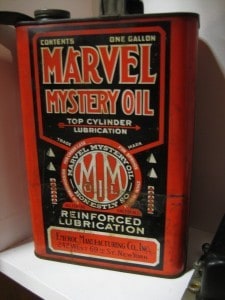Are you disposing of your oil after just a single use? If so, you could be throwing money right out of the door, as it can often be reused several times before disposal. To learn more about how to recycle oil in the workplace, keep reading.
Whether it’s petroleum-based or synthetic oil, all forms of oil tend to catch dirt and grime from normal use. The primary function of oil is to lubricate mechanical gears, so it only makes sense for this slick substance to gather dirt particles. As the oil begins to accumulate dirt, however, it loses its effectiveness, at which point it must be replaced.
Rather than throwing your oil away, you should consider recycling it. Recycling oil will not only save you money in the long run, but it’s also an environmentally friendly practice.
What Is Used Oil?
The Environmental Protection Agency (EPA) defines “used oil” as the following:
“Used oil is any oil that has been refined from crude oil or any synthetic oil that has been used and as a result of such use is contaminated by physical or chemical impurities. Simply put, used oil is exactly what its name implies—any petroleum-based or synthetic oil that has been used.”
Used oil must meet the following criteria set forth by the EPA:
- Origin: used oil must come from a petroleum or synthetic substance. Animal and vegetable oils are not excluded from the EPA’s definition of used oil.
- Use: heat-transfer fluids, hydraulic fluids and lubricants are all considered used oil by the EPA. If the oil came from a chemical spill or bottom cleanout tank, it may not be considered used oil.
- Contaminants: used oil must be contaminated with some foreign substance as a result of it being used. This may include saltwater, halogen, metal shavings, solvents, chemicals, etc.
How To Recycle Used Oil
There are several different ways to recycle used oil, one of which is to recondition it on site. If the spent oil contains a minimal amount of contaminants, then perhaps the company can filter it themselves; thus, removing the contaminants so it’s able to perform at 100% efficiency yet again. Used oil can also be recycled at petroleum factories, where it’s fed into either the front-end of the process or the coker. Other means of recycling used oil include refining and processing/burning. If you need somewhere to store used oil, browse our oily waste cans and oily rag containers.
